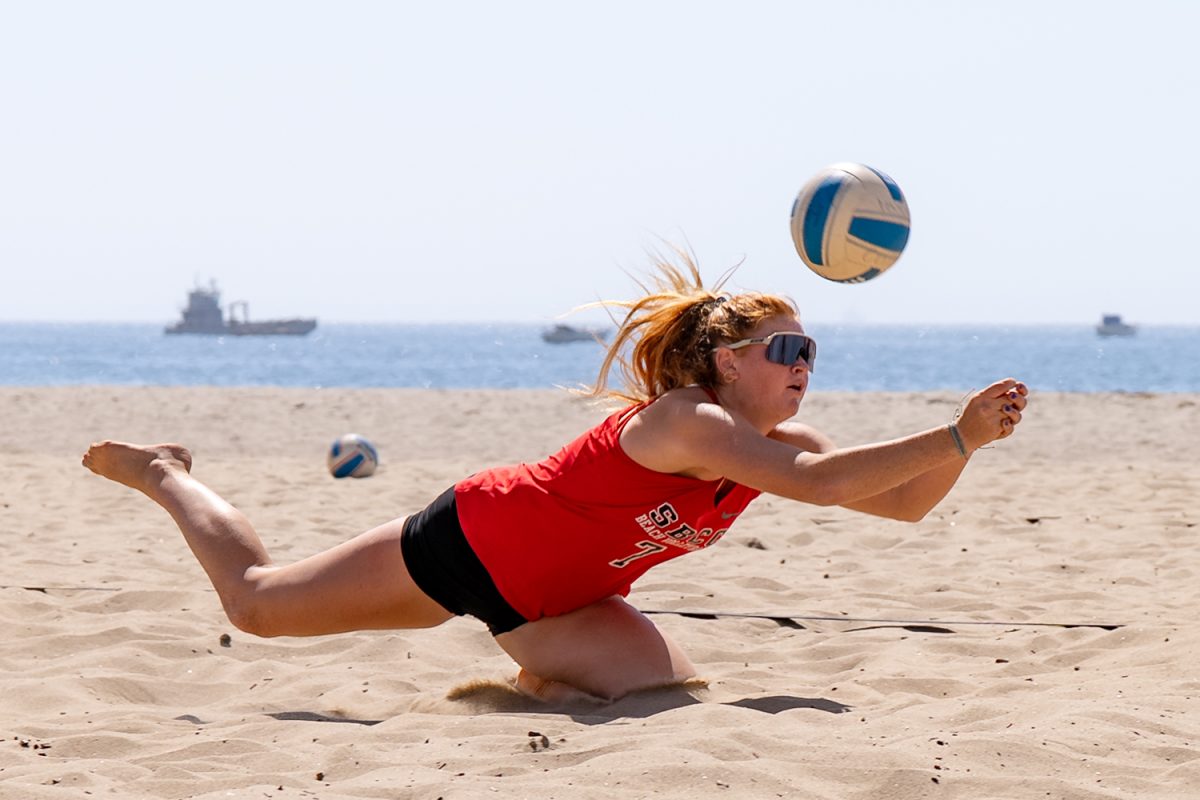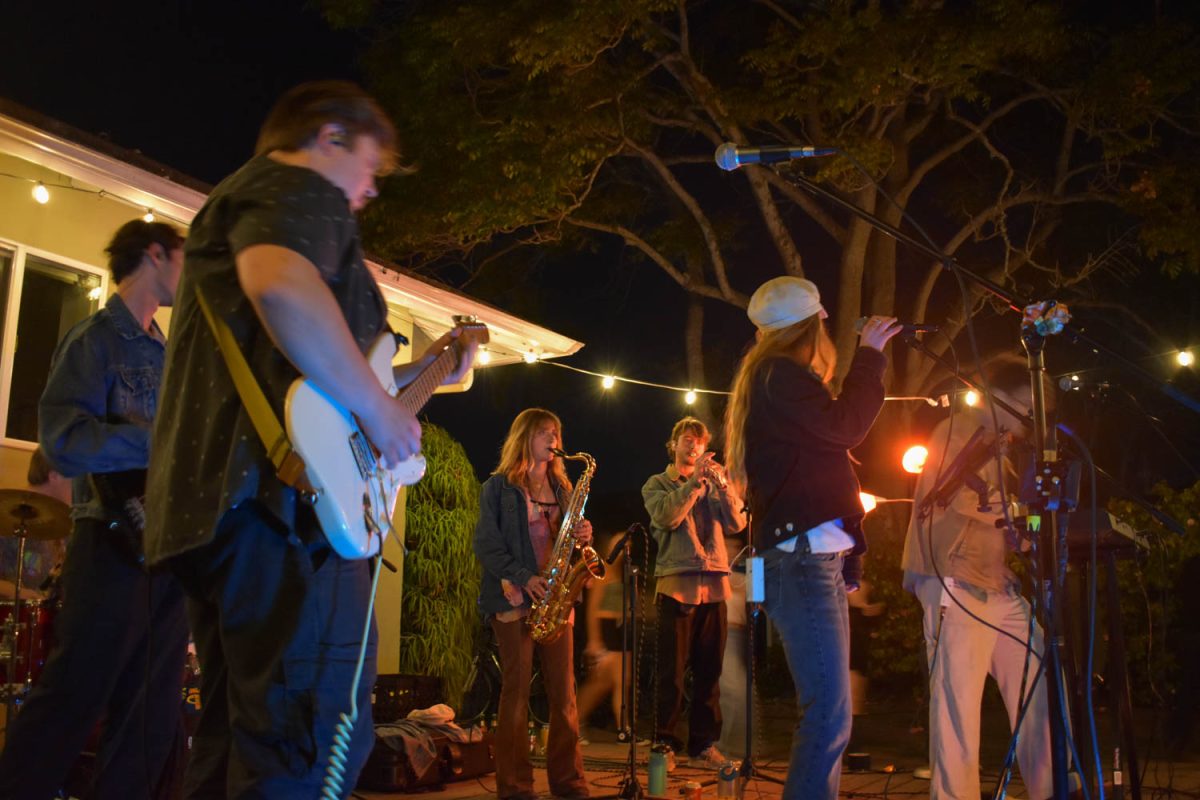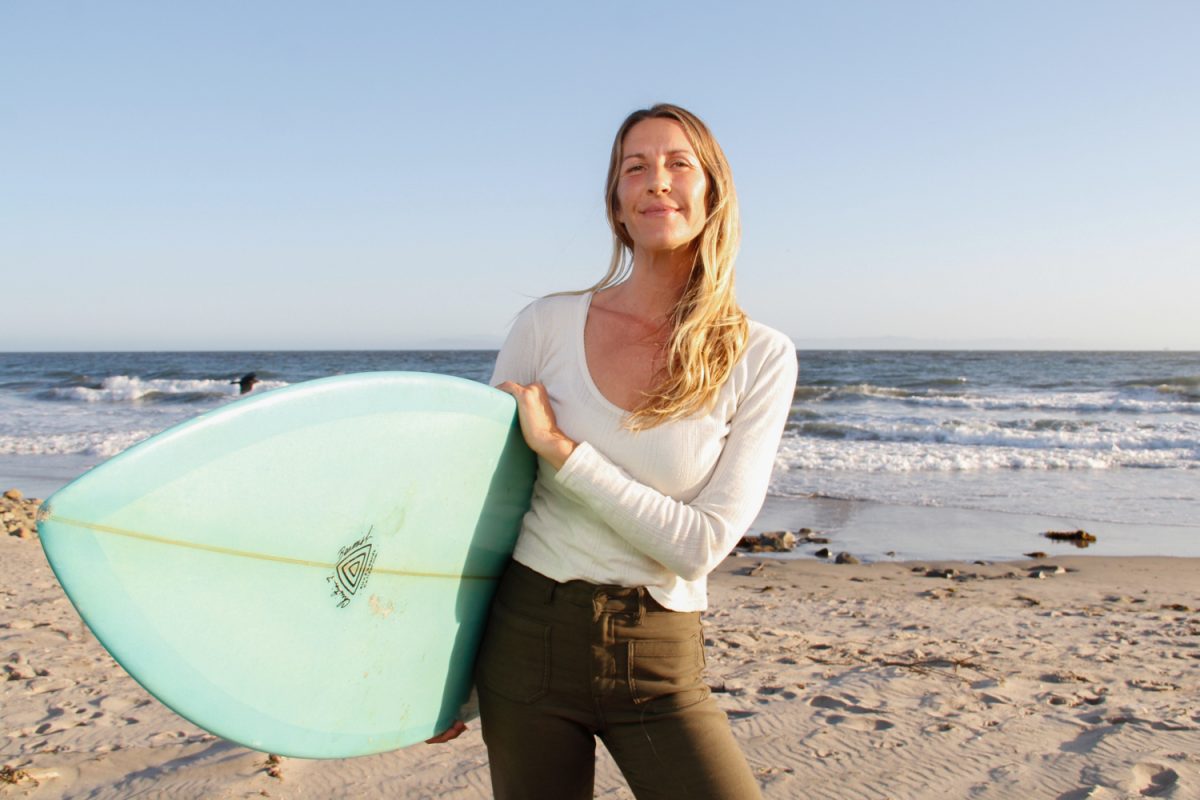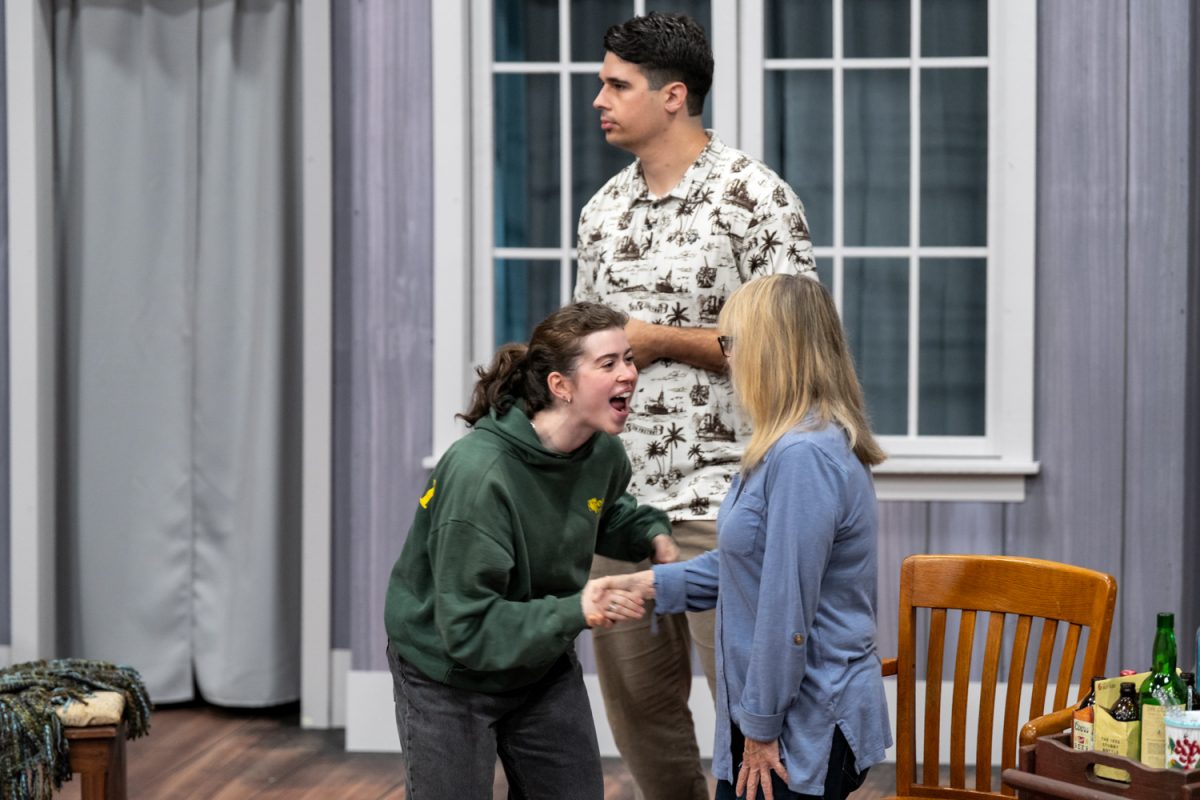Nearly 70 people showed up to the first Campus Climate town hall meeting on Zoom to voice concerns on a history of equity problems and mistrust among employees and administrators at City College.
Ever since the campus climate survey revealed discrimination among employees in Fall 2019, members of the campus community have been eager to take action that has a real effect on campus.
“Everytime I say this I get in trouble for saying this because ‘x-y-z’ has been done,” Academic Senate President and Co-Chair of the town hall Raeanne Napoleon said. “But I don’t think a lot has been done for anything really in response to the survey.”
The hour-and-a-half event was geared to be more inclusive and open than a usual government meeting. The public could show up and talk directly or indirectly to the college’s highest leaders.
“We’re here to listen, we’ll do the best we can to kind-of turn your input and your feedback into actionable things,” said Co-Chair and Webmaster Hong Lieu.
Attendees included people across the spectrum from the City College community: from Board of Trustees members to Superintendent-President Utpal Goswami, to teachers, students and administrators.
Ideas and suggestions were bounced around, but some wanted to make sure the council wasn’t getting ahead of itself.
“I almost feel like we are missing some steps, we are missing that step of that place for people to feel very safe and to be able to process,” said Interim Coordinator of Equity, Diversity and Cultural Competency Roxane Byrne. “We are trying to go straight into action.”
Although Byrne said she also wants to see action taken, she was concerned the open council could have the opposite effect.
“I am actually concerned that this space in itself could also be harmful,” Byrne said. “The vulnerability of this space, the need to expose yourself so greatly could be problematic in the long-run.”
Professor Arthur Olguin shared similar concerns in this regard.
“If the Academic Senate president can get into trouble for stating things, stating her opinions and her observations,” Olguin said, “then that raises a red flag even higher for me.”
He said he could see both sides—on one hand, it could be beneficial because administrators can use that information as part of their understanding and first-hand experience of people’s feelings, but they can also turn it around.
He said that in the past, attendance of meetings where administrators are present sometimes “results in retaliation.”
“It doesn’t really lend itself to feelings of safety,” Olguin said.
Newly-elected board member Anna Everett offered herself as a guide and someone to rely on, having experience with similar issues at UCSB.
“It is the case that you have to be able to have some acknowledgement that there was a problem,” she said. “You’ll never get another successful survey if this survey doesn’t have a follow up with concrete action and results because people are going to feel like there’s nothing to it.”
Ruie Garnica, co-chair and purchasing and warehouse manager, shared her support as one of the leaders of the council and a new City College employee.
“I don’t know most of the people here, but I want you to know that I’m able to recognize when someone has been hurt,” she said. “And if you’ve been hurt, I’m going to fully support you, even if I don’t know you.”
The Campus Climate Advisory Council will continue to meet on the fourth Thursday of every month at 2:30 p.m.


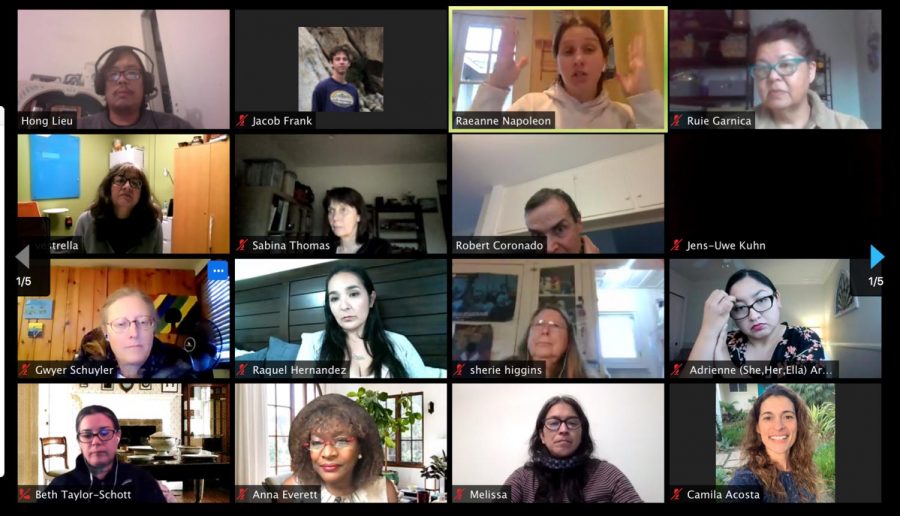







![Milton Alejandro Lopez Plascencia holds a flag showcasing the United States and Mexico on Feb. 7 in Santa Barbara, Calif. “It’s heartbreaking to see what is happening all across the country,” Lopez Plascencia said. “I [want] my voice to be heard by the community.”](https://www.thechannels.org/wp-content/uploads/2025/05/MGSImmigration-1-1200x800.jpg)
